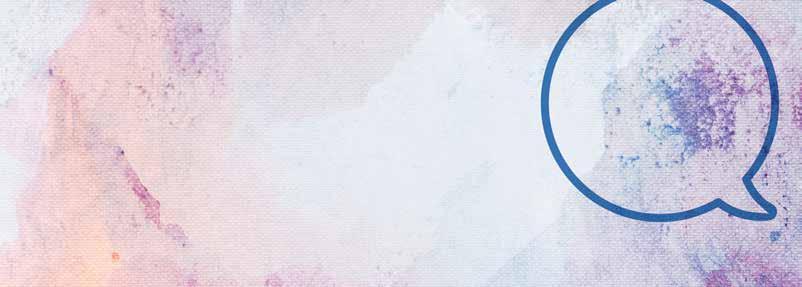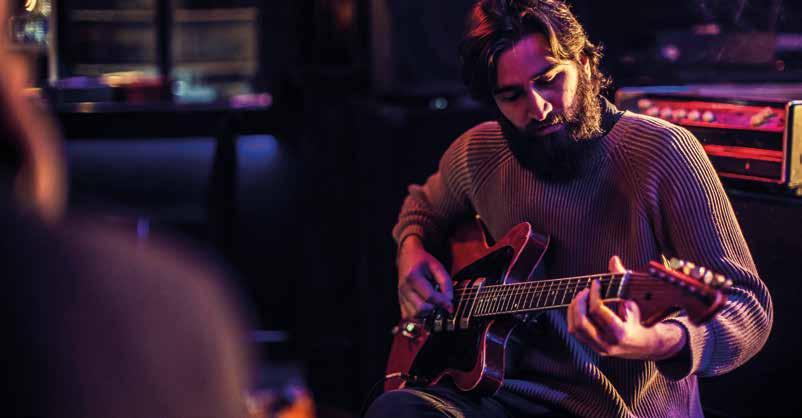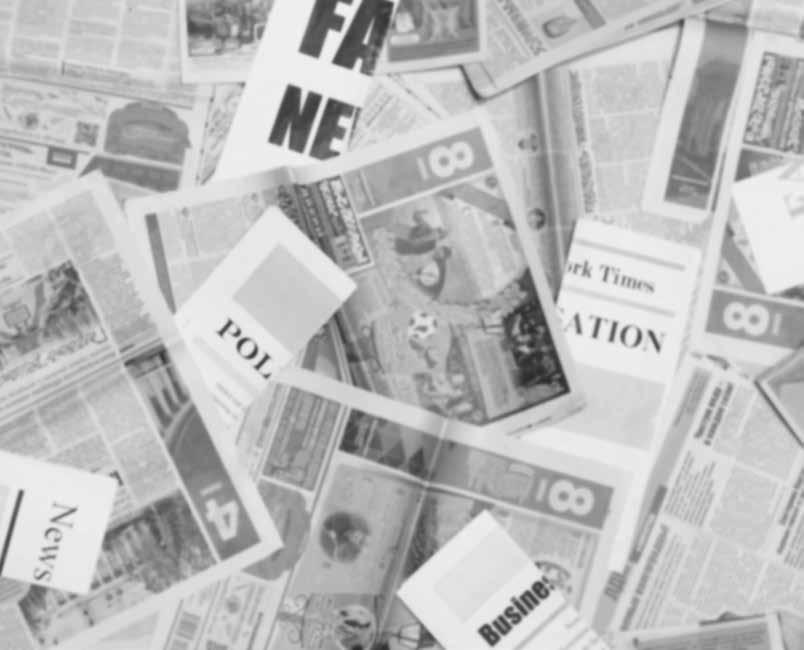
2 minute read
COULD RED WINE BE GOOD FOR YOUR HEARING?
You have probably heard that a glass of red wine can be good for your health, but what about your hearing health? There are good news for wine lovers! Studies in the United States and the United Kingdom suggest that drinking red wine could also prevent the risks of hearing loss.
A moderate intake of red wine has long been associated with many health benefits, especially for the heart. Red wine is packed with antioxidants and tannins, but the substance getting the most attention is resveratrol, an anti-inflammatory plant compound that acts as an antioxidant. It is usually found in high concentrations in the skin and seeds of red grapes, as well as in berries (e.g. blueberries), dark chocolate and peanut butter. It is also available as a dietary supplement.
Promising Results
Some years ago, Dr. Michael Seidman and a team from the Henry Ford Hospital in Detroit investigated whether resveratrol could have a positive impact on hearing. They then fed resveratrol to healthy rats while exposing them to high noise levels for long periods of time. They found that rats on the resveratrol-rich diet were less likely to develop noise-induced hearing loss following noise exposure. The researchers also hypothesized that the anti-inflammatory and antioxidant properties of resveratrol may contribute to slowing the degradation of the ear's hair cells, a degradation associated with both age-related hearing loss and cognitive decline.
Tested on Humans
A British study conducted in 2014 revealed a decreased risk of hearing loss among people who reported drinking alcohol occasionally and among those who enjoyed a daily drink. In fact, the study showed that people who drink alcohol are less likely to have a hearing loss than those who have never consumed alcohol in their lives. The study was conducted among 164,770 adults between 40 and 69 years of age, and was published in the Journal of the Association for Research in Otolaryngology.
Everything in Moderation!
Before opening a bottle to celebrate, here are some important considerations:
– Excessive alcohol consumption can increase the risk of cardiovascular disease, which can have an impact on hearing loss. – A 2007 study concluded that excessive alcohol consumption negatively impacts lower sound frequencies in the 1000 Hz range – the most crucial frequency for speech discrimination. Although changes often were temporary, the researchers warned that many episodes of temporary hearing loss can lead to permanent loss. The study also concluded that excessive alcohol consumption could speed up the normal process of age-related hearing loss. However, social drinkers who rarely overindulge, may want to consider the potential positive effects of red wine. To that we simply say, "Cheers!"
Janic Lauriault Audiologist Technical support
References: - Michael D Seidman, Wenxue Tang, Venkatesh
Uma Bai, Nadir Ahmad, Hao Jiang, Joseph
Media, Nimisha Patel, Cory J Rubin, Robert
T Standring (2013). Resveratrol decreases noise-induced cyclooxygenase-2 expression in the rat cochlea. Journal of American Academy of
Otolaryngology-Head and Neck Surgery, 148(5), 827-33. - Piers Dawes, Karen J. Cruickshanks, David
R. Moore, Mark Edmondson-Jones, Abby
McCormack, Heather Fortnum & Kevin J. Munro (2014). Cigarette Smoking, Passive Smoking,
Alcohol Consumption, and Hearing Loss. Journal of the Association for Research in Otolaryngology, 15, 663-674. - Tahwinder Upile, Fabian Sipaul, Waseem Jerjes,
Sandeep Singh, Seyed Ahmad Reza Nouraei,
Mohammed El Maaytah, Peter Andrews, John
Graham, Colin Hopper & Anthony Wright (2007). The acute effects of alcohol on auditory thresholds. BMC Ear, Nose and Throat Disorders, 7,
Article number: 4.










